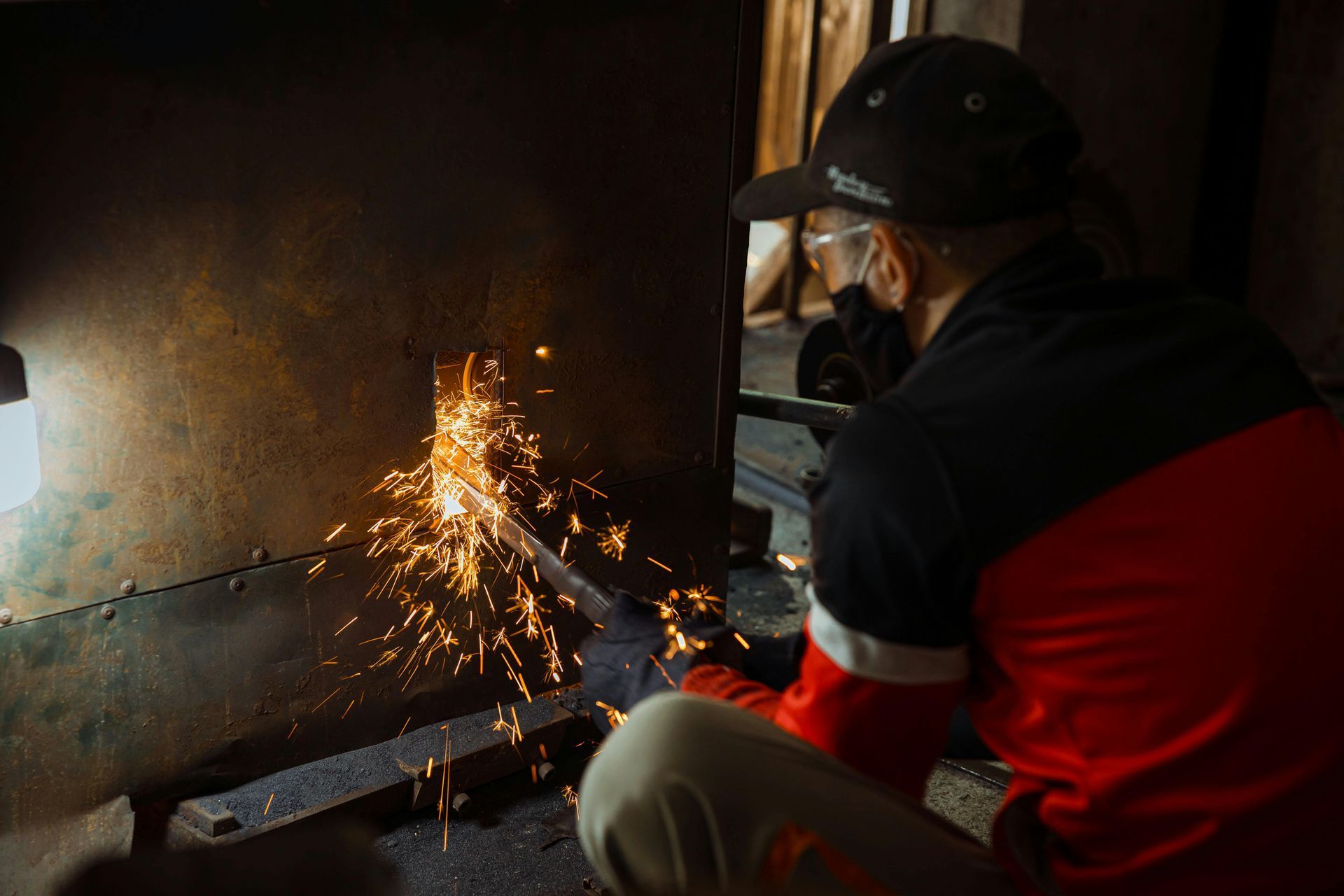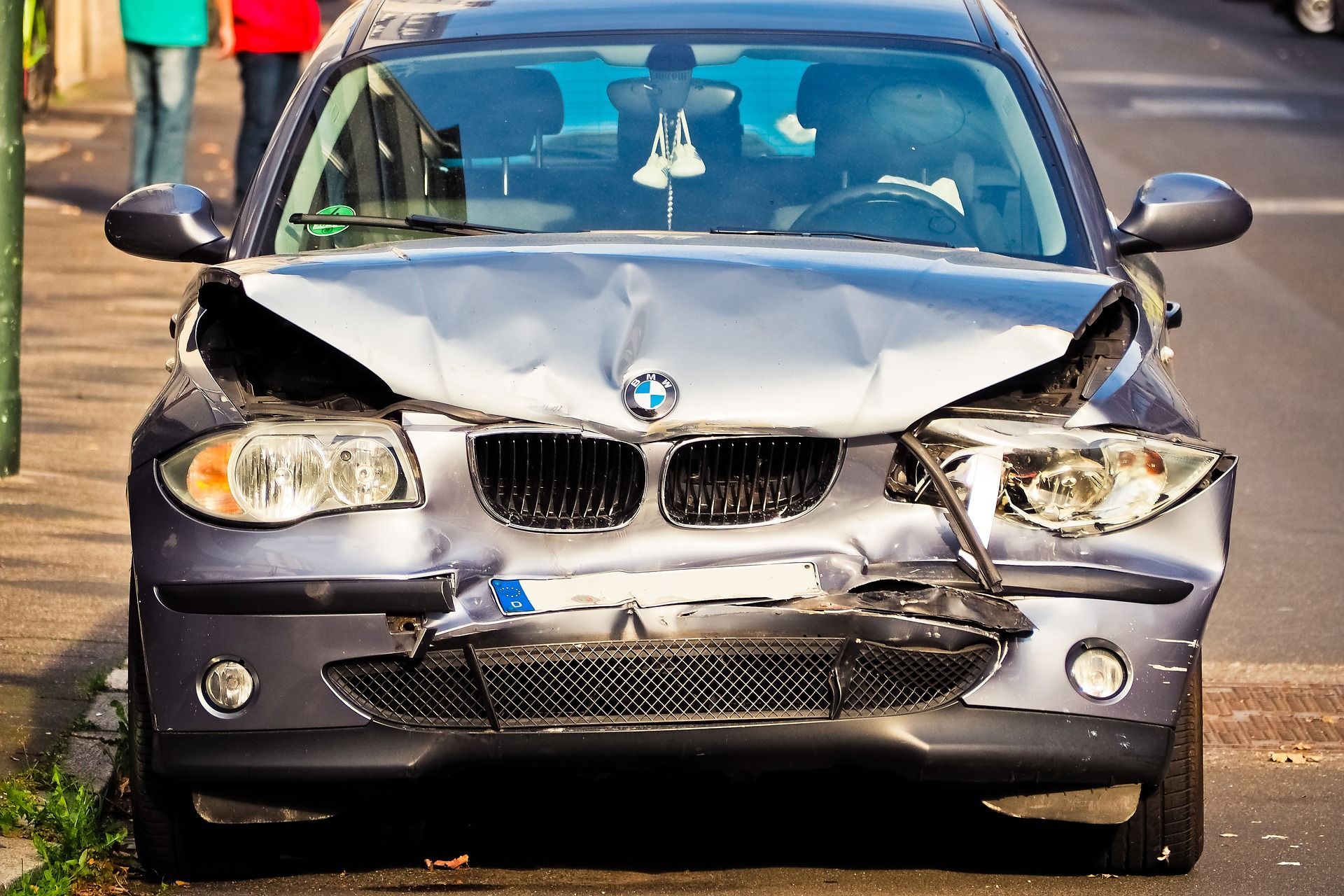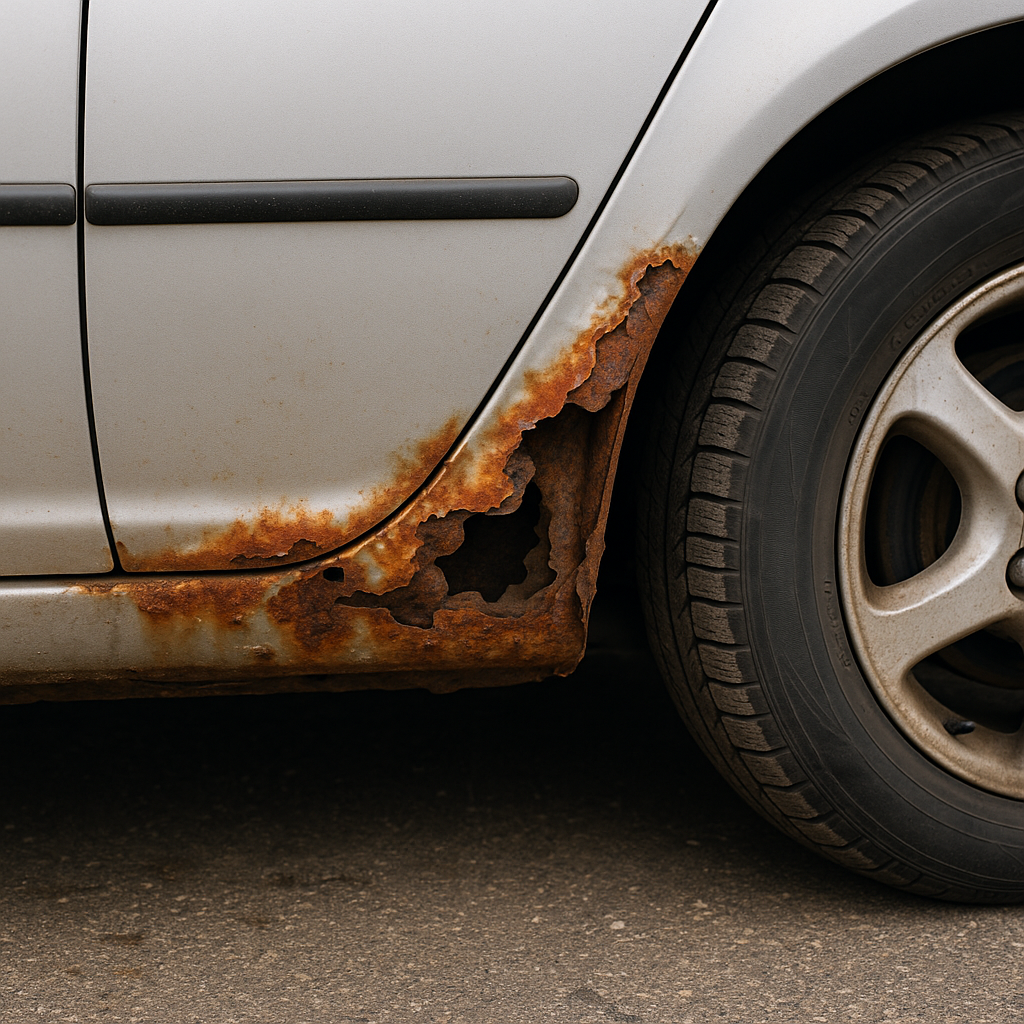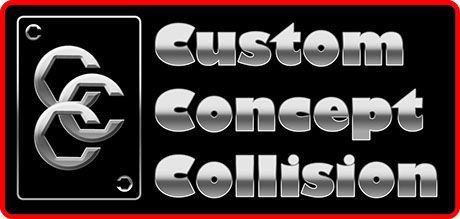5 Things You Should Know Before Getting Collision Repairs
Getting into an accident is stressful enough — the repair process shouldn’t make it worse.
Understanding a few key facts can help Michigan drivers make smarter choices, avoid unnecessary headaches, and protect their vehicles' value and safety.
Here are five important things to know before bringing a car to any repair shop:
1. Drivers Have the Right to Choose Their Repair Shop
Insurance companies often suggest "preferred" repair shops, but drivers are not obligated to use them.
In Michigan, the law protects the customer's right to choose any licensed collision repair facility.
Choosing an independent, reputable shop can often mean better-quality repairs, greater accountability, and more personalized service than relying on a direct repair program (DRP) partner selected by an insurer.
2. Multiple Estimates Are Not Required
Many people mistakenly believe they must gather three estimates after an accident.
This is not necessary under Michigan law.
A single estimate from a trusted shop is enough to move forward with an insurance claim.
Quality repair shops will work directly with the insurance company to handle any negotiations, saving time and reducing stress for the customer.
3. Insurance Estimates Are Often Incomplete
Initial insurance estimates are usually based only on visible damage.
Once the vehicle is disassembled, hidden damage is often revealed — particularly in areas like bumper reinforcements, underbody structures, or frame components.
When additional damage is found, the repair shop submits a
supplement to the insurance company to authorize the necessary additional work.
This is a normal and essential part of proper collision repairs.
4. Professional Shops Can Match Paint Accurately
Modern collision repair facilities use advanced paint-matching technology to ensure a seamless color match.
This involves computerized spectrophotometers that read the vehicle’s current paint color (accounting for weathering and fading) and precise blending techniques across panels.
When done correctly by experienced technicians, the repaired sections will be virtually indistinguishable from the original finish.
5. Understanding Parts: OEM, Aftermarket, and Recycled
Not all parts used in collision repairs are the same.
- OEM (Original Equipment Manufacturer) parts are made by the same company that built the vehicle and offer the best fit, finish, and durability.
- Aftermarket parts are manufactured by third-party companies. Quality varies widely, and some may not fit or perform as well as OEM parts.
- Recycled parts are original parts salvaged from other vehicles and can be a cost-effective option if properly inspected.
Insurance policies often dictate which types of parts are authorized for repairs, but a good repair shop will advocate for the highest quality parts available whenever possible.
Collision repairs involve more than just fixing visible damage. Choosing the right shop, understanding the repair process, and knowing consumer rights in Michigan can make all the difference in protecting a vehicle’s safety, appearance, and resale value.
For those needing expert collision repair services backed by a commitment to quality, safety, and customer care, Custom Concept Collision to schedule an inspection or free estimate.




